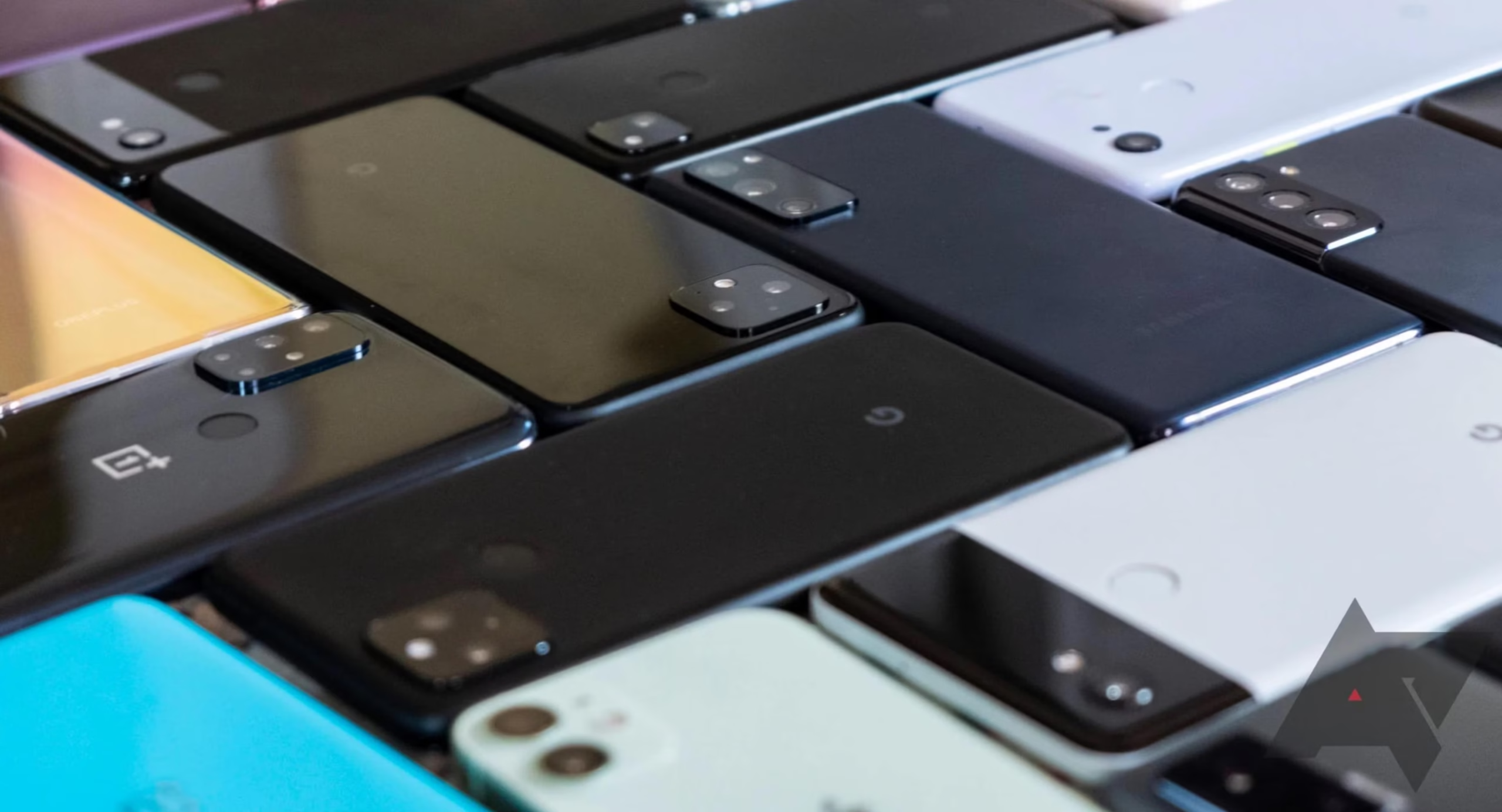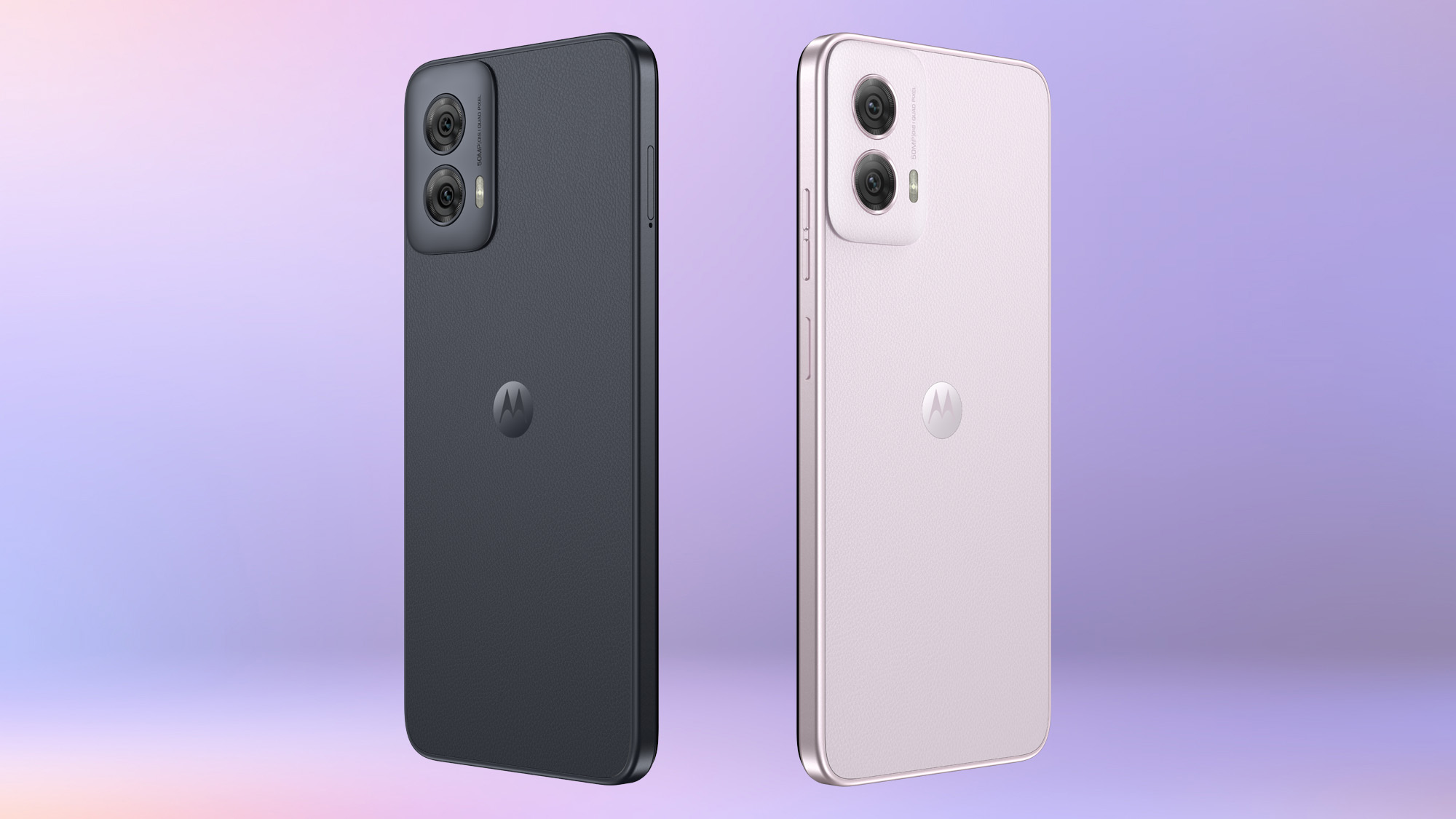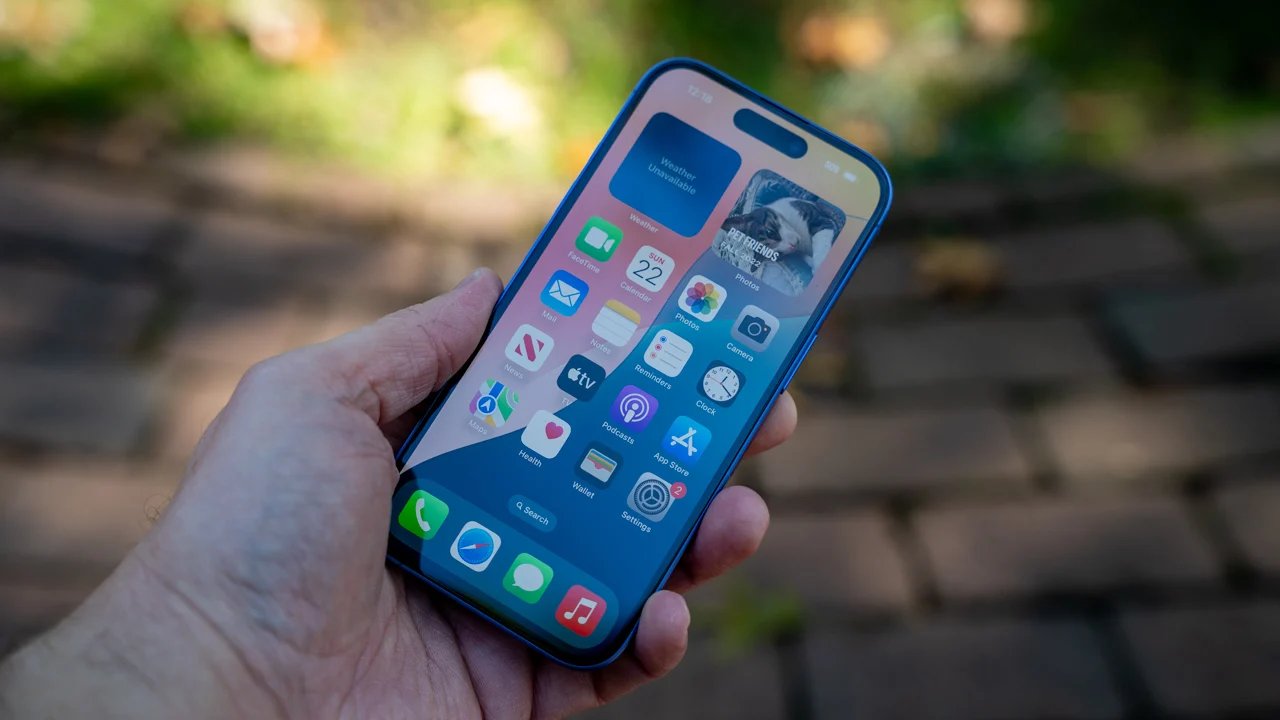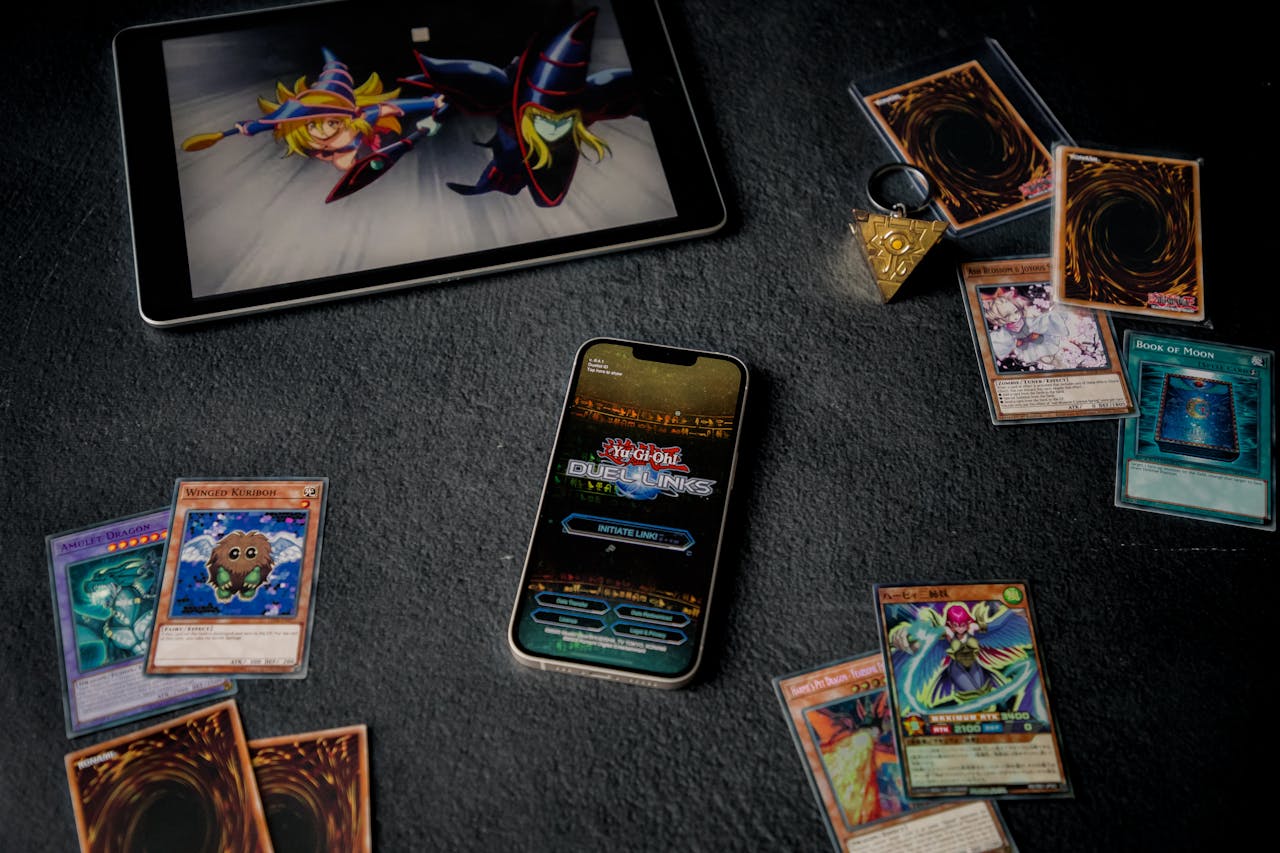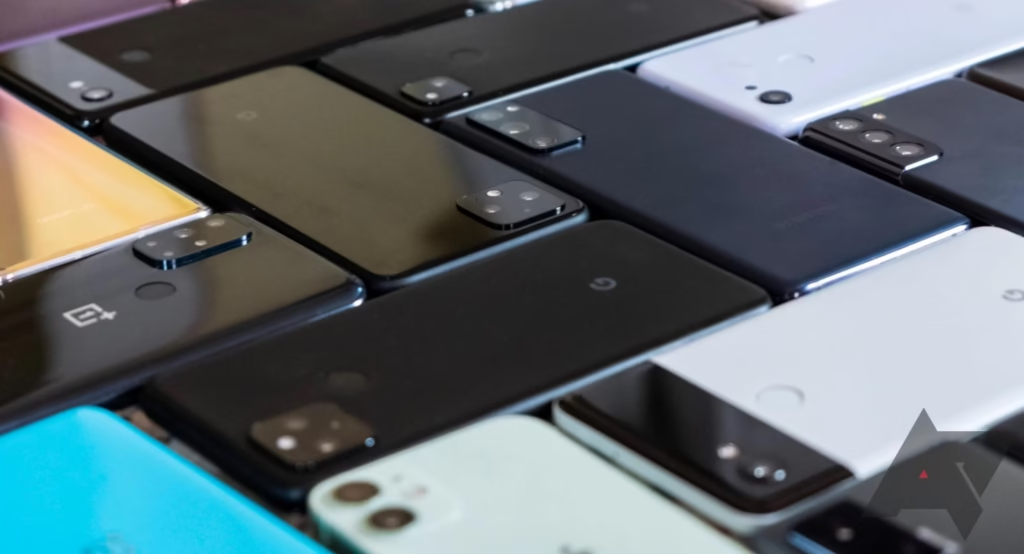
In today’s digital world, choosing the right smartphone is no longer just about having a device to make calls. Smartphones are essential tools that help us stay connected, organize our lives, and entertain ourselves. However, with the myriad of choices available, picking the perfect smartphone based on your needs can be overwhelming. The good news is that it doesn’t have to be a complicated process. By understanding what features and specifications align with your lifestyle, you can find a smartphone that not only meets your daily requirements but also enhances your productivity, creativity, and enjoyment.
When selecting the best smartphone for you, it’s essential to consider what you use your phone for most often. Are you someone who relies heavily on a high-quality camera to capture special moments? Or do you need a long-lasting battery to support your demanding workday? Perhaps gaming or streaming high-definition videos is more important to you. Each of these needs requires different specifications, so identifying your priorities is the first step to finding the perfect smartphone. Understanding these needs will not only help narrow down your options but also prevent you from overpaying for features that don’t add value to your daily life.
In this article, we’ll break down the key factors to consider when picking a smartphone, ranging from performance and camera quality to software preferences and budget. We’ll also compare popular devices, explore the benefits of various operating systems, and give you the knowledge you need to make an informed decision. By the end, you’ll feel confident in choosing the perfect smartphone that suits your needs, and you’ll have a clearer idea of which features matter most for your unique situation.
Understanding Your Smartphone Needs
To begin, it’s important to reflect on how you use your smartphone daily. Whether you’re a student, a professional, a photographer, or someone who just wants a device to stay in touch with friends and family, the ideal smartphone for each person varies. Below are some primary categories to consider:
1. Performance and Speed
If you’re someone who uses your phone for multitasking, such as running multiple apps, editing videos, or gaming, performance should be your top priority. You need a smartphone with a powerful processor and sufficient RAM. High-end devices like the Apple iPhone 15 series or the Samsung Galaxy S24 Ultra feature the latest processors (A17 Bionic and Snapdragon 8 Gen 3, respectively), which provide blazing-fast speeds, fluid multitasking, and minimal lag. On the other hand, mid-range options such as the Google Pixel 8 and OnePlus 11 offer solid performance at a lower price point.
Key Factors to Consider:
- Processor: Look for devices with powerful chipsets (like Apple A-series, Snapdragon, or Exynos).
- RAM: A minimum of 6GB of RAM is recommended for smooth performance in most scenarios.
- Storage: Opt for 128GB or higher if you store many files, apps, or photos.
2. Battery Life and Charging
There’s nothing worse than running out of battery during a crucial moment. If you’re always on the go or need your smartphone to last throughout the day without needing a charge, battery life should be a top priority. Look for phones with large batteries (measured in milliampere-hours or mAh) and those that support fast charging. Some phones also offer wireless charging, which is a convenient feature for those who don’t want to be tied to a charging cable.
Key Factors to Consider:
- Battery Capacity: A battery capacity of 4,500mAh or more will ensure all-day use.
- Fast Charging: Look for phones that offer 30W charging or higher.
- Wireless Charging: Available on many flagship models.
3. Camera Quality
If you’re someone who enjoys taking photos and videos, choosing a smartphone with an exceptional camera system is crucial. Top smartphones offer multiple lenses, including ultra-wide, telephoto, and macro lenses, as well as features like Night Mode and Portrait Mode for stunning photos in low light. The iPhone 15 Pro Max and the Google Pixel 8 Pro are renowned for their superior camera technology, with impressive image processing and advanced AI features to help you capture beautiful shots.
Key Factors to Consider:
- Megapixels: While higher megapixels are important, the quality of the lens and sensor matters more.
- Camera Features: Look for wide-angle, telephoto, and macro lenses, as well as AI enhancements.
- Video Recording: Ensure the phone can shoot in 4K or even 8K if video is important to you.
4. Operating System (iOS vs. Android)
One of the most important decisions when selecting a smartphone is choosing between iOS (Apple) and Android. Both operating systems have their own unique advantages. iOS is known for its seamless integration with other Apple devices, consistent software updates, and a user-friendly experience. Android, on the other hand, offers greater customization, a wide range of devices at various price points, and flexibility in app management. It’s essential to pick the OS that feels more intuitive to you and aligns with your other tech ecosystem preferences.
Key Factors to Consider:
- iOS (Apple): Known for its stability, security, and integration with the Apple ecosystem.
- Android: Offers more customization and a variety of device options, ranging from budget to premium models.
5. Design and Display
The look and feel of your phone also matter, especially if you like a sleek, modern design. A high-quality display is essential for users who spend time watching videos, playing games, or browsing social media. Devices like the Samsung Galaxy S24 Ultra and the iPhone 15 Pro Max feature OLED or AMOLED displays with vibrant colors, deep blacks, and high resolutions. If you’re not interested in the latest high-tech features, many budget-friendly options also offer decent displays, though they may lack the same depth of color and clarity.
Key Factors to Consider:
- Display Type: AMOLED or OLED displays provide vibrant colors and deep blacks.
- Resolution: Aim for at least 1080p (Full HD) for sharp visuals, with 1440p (QHD) or 2160p (4K) if possible.
- Design: Consider size, weight, and materials such as glass or metal.
6. Price and Budget
Finally, one of the most significant factors when picking the perfect smartphone is your budget. Premium smartphones like the iPhone 15 Pro and Samsung Galaxy S24 Ultra can cost over $1,000, while more affordable devices like the Google Pixel 8 or OnePlus Nord 3 deliver solid performance at lower prices. Be sure to evaluate how much you’re willing to spend, and weigh the cost against the features you need. Some smartphones offer excellent value for money, so you don’t necessarily have to break the bank to get a great device.
Key Factors to Consider:
- Budget: Determine your maximum spending range.
- Value for Money: Look for phones that offer the features you need at the best possible price.
- Deals and Discounts: Watch for seasonal promotions, trade-ins, or sales events.
A Step-by-Step Guide to Choosing the Perfect Smartphone
Here’s a simple step-by-step process to help guide you through the smartphone selection process:
- Assess Your Needs: Start by listing what you do most on your phone. Do you need a fast processor, great camera, or long battery life?
- Set a Budget: Decide how much you are willing to spend, and consider if the features you want justify the price.
- Compare Brands: While Apple and Samsung are the most popular brands, don’t overlook options from Google, OnePlus, or Xiaomi.
- Check Reviews: Read expert reviews and user feedback to gain insight into real-world performance.
- Consider Future-Proofing: Technology evolves rapidly. Consider a phone with future-proof features like 5G support, expandable storage, and regular software updates.
Conclusion
Choosing the right smartphone is an important decision that requires careful thought. By focusing on your specific needs—whether that’s camera quality, performance, battery life, or price—you can find the perfect device to complement your lifestyle. Whether you’re a professional looking for a device that can handle demanding apps or someone who simply wants a phone for social media and photography, the right smartphone can significantly improve your daily life. Remember, there’s no one-size-fits-all solution, so take the time to compare your options, read reviews, and select the phone that best fits your personal preferences and needs.
Ultimately, the perfect smartphone is one that balances performance, features, and price in a way that aligns with your daily activities. By following the steps outlined above, you’ll be able to confidently select a smartphone that will serve you well for years to come. So, take your time, weigh your options, and make an informed decision—you deserve a phone that fits perfectly into your life!

